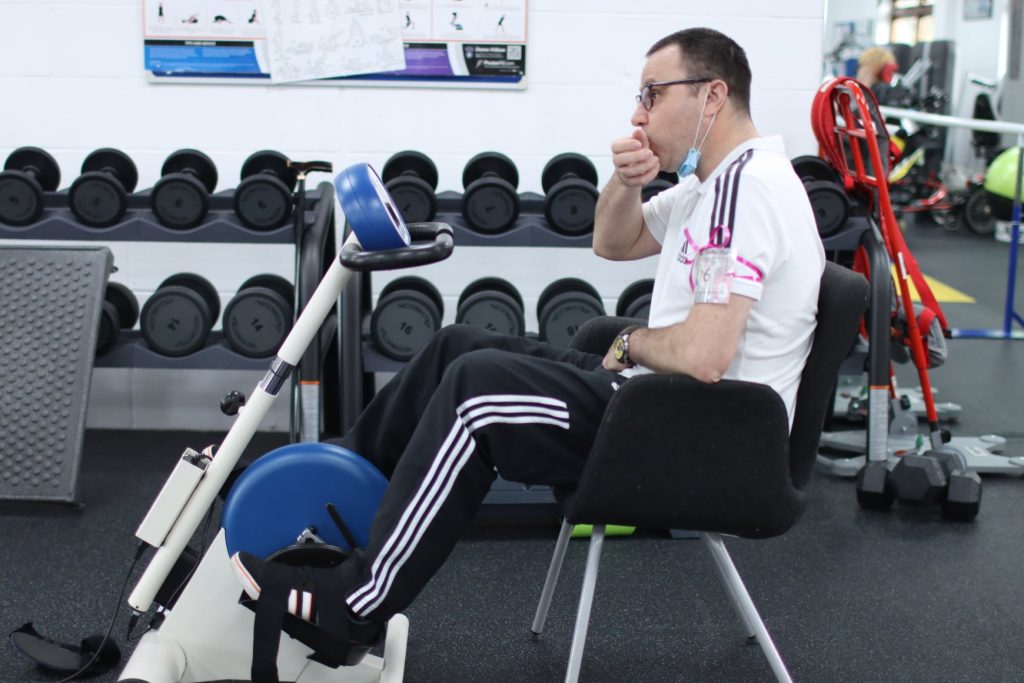Supporting professionals to understand suicidal risk

Understanding suicidal risk and supporting professionals to deal with such a hugely difficult topic is to be tackled in an event being held next week.
Life-changing brain, spinal cord and complex injuries can be significant factors in increasing this risk, as a result of the huge spectrum of difficult emotions a person faces in dealing with their new reality.
And for the professionals dealing with clients going through such trauma, suicidal thoughts and acts can cause great distress to them and it can be difficult to know how to react and what action to take.
Through the ‘Understanding Suicidal Risk – A Guide for Professionals’ event, held by Sphere Memory and Rehabilitation Team, advice and guidance will be offered to empower those working in complex injury to deal with such situations.
The webinar, held on Thursday, July 1 from 10.30am to 11.30am, will be delivered by consultant psychologist Dr Clare West, and is raising money for SameYou – the charity founded by Game of Thrones actor Emilia Clarke after surviving two brain haemorrhages, to give a voice to fellow brain injury survivors and to deliver better holistic rehabilitation care.
Dr Katherine Dawson, director and consultant clinical neuropsychologist at Sphere, says that while the issue of suicidal risk has gained more prominence during the pandemic, for professionals working with brain and spinal cord injury patients and those individuals who have experienced trauma, the issue is ever-present.
“It is a timeless issue, which can cause anxiety for those around the individuals regarding management and intervention. Furthermore, often individuals really struggle to even voice how they feel and the enormity of suicidality can often silence individuals which then worsens hopelessness,” says Dr Dawson.
“If someone does share their suicidal thoughts and feelings, in response people often don’t know how to move forward with that.
“During the pandemic, the loneliness and isolation has increased, and very early into lockdown quite a lot of my clients went into crisis as their support network, which provides a lot containment, wasn’t there anymore – while Zoom serves a purpose, it’s not the same as in real life.
“People hear ‘suicide’ and can panic. There is understandable fear associated with it, and often those around the individual may inadvertently respond in quite a reactive way, wanting to try and fix the issue. We recognise that this can cause significant distress and anxiety and it can be hard to know what to do in the face of suicidal risk.
“Hopelessness is the most immediate risk factor for suicide so instilling hope is essential. The assessments we will consider in the webinar outline how to assess the different levels of risk including looking out for red flags, primary drivers and secondary drivers.
“We focus on how to complete a suicide interview collaboratively, leading to a clear plan of risk escalation and services to involve at specific times.
“Through putting the spotlight on a suicide intervention management plan, we can look at this in a thoughtful and containing way, reducing the risk of reactivity and decreasing anxiety.
“We’ve heard directly from a lot of case managers that risk and managing risk is something they are concerned about, so we hope this event will help them with what is a very difficult topic.”
Sphere are asking for a suggested £20 donation to SameYou to attend the event. To register, visit here










